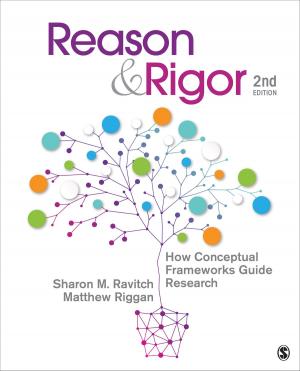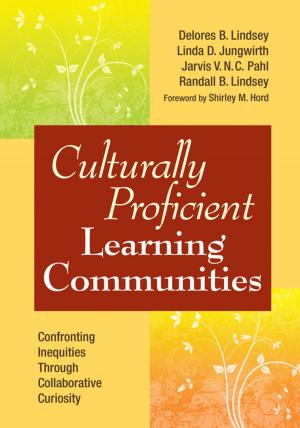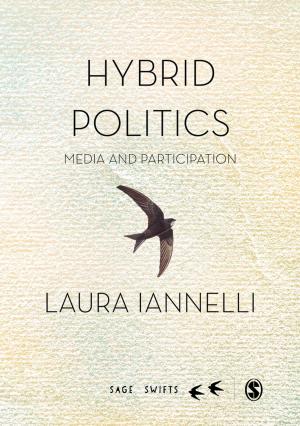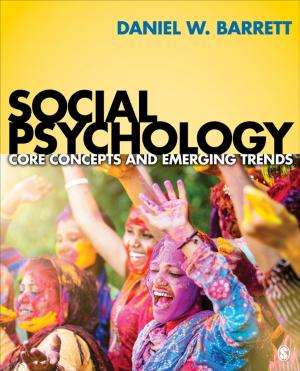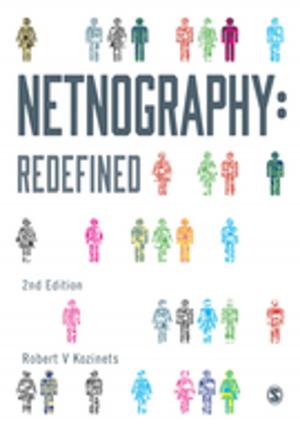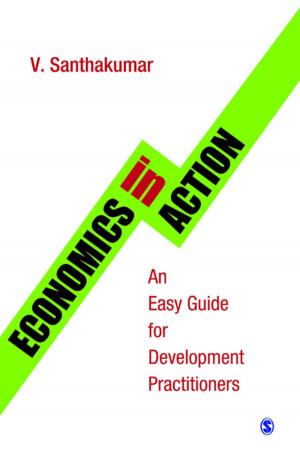The Psychological Impact of the Partition of India
Nonfiction, Social & Cultural Studies, Social Science, Sociology, Health & Well Being, Psychology| Author: | ISBN: | 9789352806515 | |
| Publisher: | SAGE Publications | Publication: | March 19, 2018 |
| Imprint: | Sage Publications Pvt. Ltd | Language: | English |
| Author: | |
| ISBN: | 9789352806515 |
| Publisher: | SAGE Publications |
| Publication: | March 19, 2018 |
| Imprint: | Sage Publications Pvt. Ltd |
| Language: | English |
The first of its kind, this book studies the psychological impact of Partition through medical and psychiatric perspectives.
The Partition of India was a partitioning of minds as much as it was a geographical division. But there has been little discussion in mental health discourse on the psychological scars it caused. This book examines the partitioning of human experience and its impact on social life and psychological health. The chapters track, through various approaches, the breakdown of civic life and society during the cataclysmic event, the collapse of medical services, the violence against citizens and the reflection of these events in writings of that era. The book draws attention to the urgent need for a humane understanding of persons with mental illness and psychological distress in the context of their lived history as much as their sociocultural identities and roots.
The first of its kind, this book studies the psychological impact of Partition through medical and psychiatric perspectives.
The Partition of India was a partitioning of minds as much as it was a geographical division. But there has been little discussion in mental health discourse on the psychological scars it caused. This book examines the partitioning of human experience and its impact on social life and psychological health. The chapters track, through various approaches, the breakdown of civic life and society during the cataclysmic event, the collapse of medical services, the violence against citizens and the reflection of these events in writings of that era. The book draws attention to the urgent need for a humane understanding of persons with mental illness and psychological distress in the context of their lived history as much as their sociocultural identities and roots.





